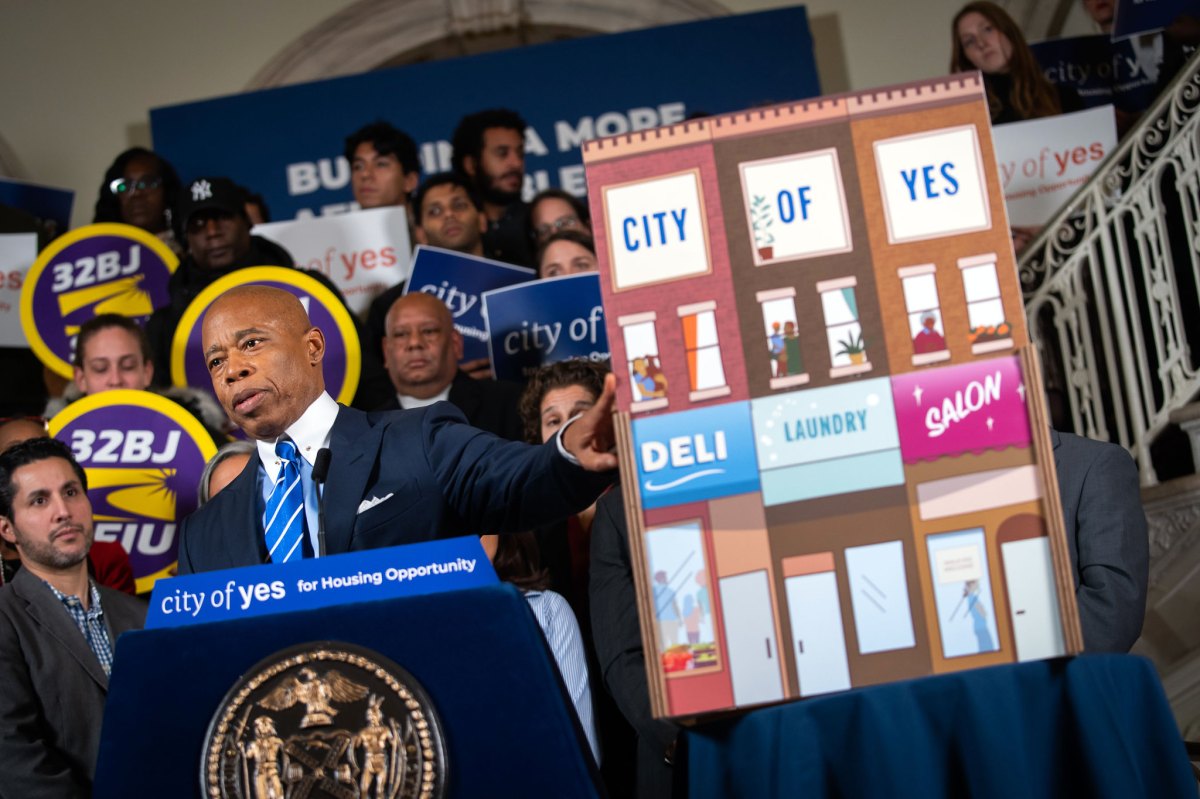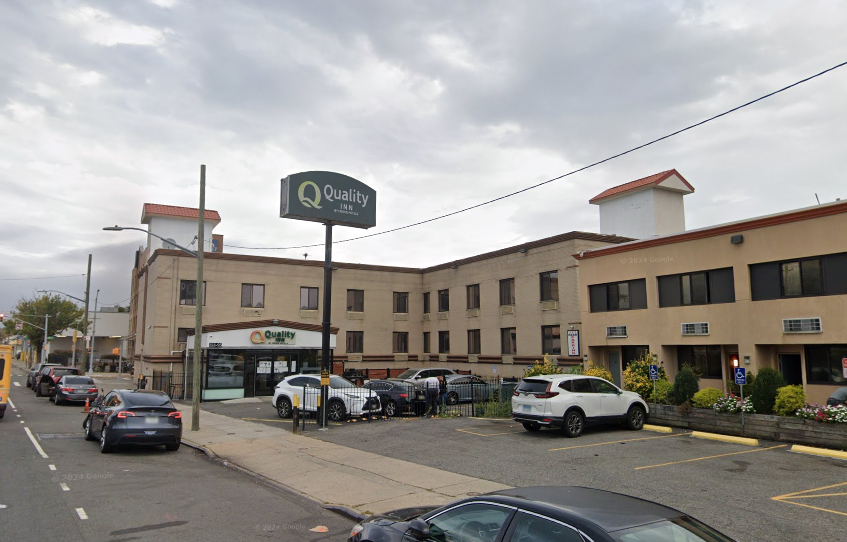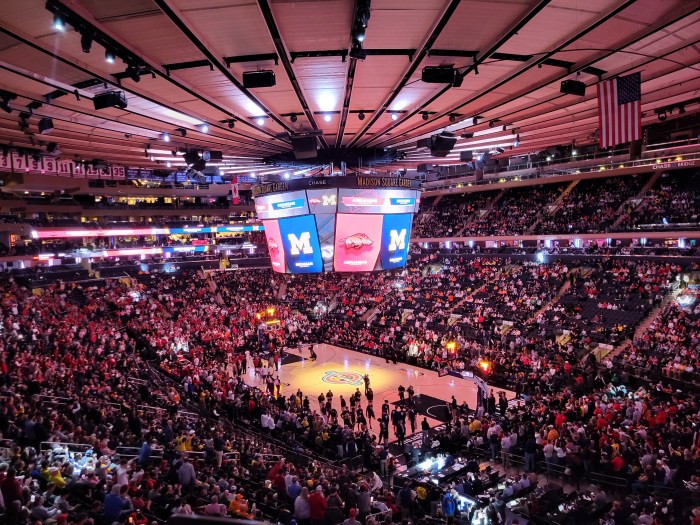
The buy vs. rent debate in NYC is as old as the city itself.
At amNewYork, our staff is a mix of renters and homeowners, and we wanted to find out for ourselves what real estate experts think. While most said it remains a matter of personal preference and lifestyle choice, a few added some interesting tidbits and perspectives.
Here are the pros and cons of renting and buying that real estate experts say are key for New Yorkers to consider:
BUYING
Pros
If you long to install a garden window in your kitchen, a tiled shower stall in your master bath or a wall of built-in bookshelves in your living room, buying a home might be the best route for you. It provides the opportunity to tailor a space to your specific tastes.
“You can turn that apartment into your own home with painting and construction,” said Gary Malin, president of the real estate group Citi Habitats.
Owning is also a financial investment in your future, added Grant Long, senior economist with the listing site StreetEasy.
“If the [value of the home] increases, that is increasing your wealth,” he said. “Similarly, every time you pay down your mortgage that’s effectively increasing your assets.”
For Jonathan Miller, CEO of the real estate appraisal and consultant firm Miller Samuel Inc., it’s an opportunity to branch out to the suburbs where “you can have open space.”
“When we bought our second home, all I cared about was a big backyard,” he recalled.
Cons
Saving up for the initial costs can be daunting, Miller said: “The majority [of homes] require a 20% down payment, and that can take a while to accumulate.”
Plus, Long added, there are still closing costs, such as paying your broker and real estate lawyer, which can amount to 3-6% of the sales price.
So, for a $500,000 home, a 20% down payment would be $100,000, then another $25,000 will be needed for closing costs. There’s also New York State and other possible taxes to consider.
Maintenance costs can also take new homeowners by surprise, Long added.
“Things come up unexpectedly” for homeowners, Long said.
Everything from leaky toilets to roof replacements and property management need to be paid for.
And though an increased value of your home is positive for your equity, it can lead to higher property taxes.
RENTING
Pros
Renting affords you the ability to move around often if, for example, your family grows in size, you change jobs or you need to escape a nightmare neighbor, Malin said.
“The flexibility to maneuver is far greater on the rental side,” he explained. “If you want to move, there’s many ways to get in and out of the city quicker in a rental deal.”
Shane Leese, a data scientist at the listings site RentHop, added that, “the reassurance that any major repairs are not your responsibility gives great peace of mind to renters.”
Recent market data shows that rents recently dropped, according to Shane, and the prevalence of concessions like a free month’s rent, a waived broker fee or even a discounted security deposit is at an all-time high in the city.
Year-over-year in February, rents fell 0.3% to $3,199 in Manhattan and 2.6% to $2,787 in Brooklyn, according to data from StreetEasy.
If renters do manage to save up the equivalent of a 20% down payment, there are plenty of other ways to invest that money for their futures, Long noted.
It can be put into the stock market or somewhere else where your savings is more liquid, rather than being tied down in a property.
“From a personal finance perspective that’s really, really beneficial,” he said.
Cons
“For NYC renters, there are higher-than-normal entry costs, when you consider the broker fee that many have to pay,” Leese said.
The broker fee and security deposit are often the equivalent of one month’s rent each, and that is included in the down payment with the first month’s rent. So the down payment on a $1,500-a-month apartment could be as much as $4,500.
“On the buying side, a lot of your prices can be fixed,” such as mortgage rates and property taxes, Long said, but rents can rise year to year. “That doesn’t benefit you, it benefits your landlord.”
And while you can frequently change apartments in search of lower rents, Long pointed out that “if you’re going to move a lot, there are costs to moving.”



































